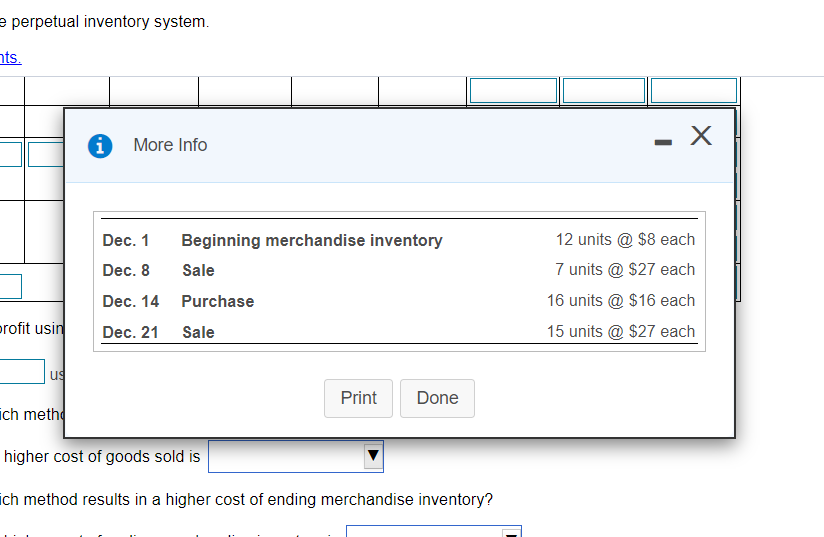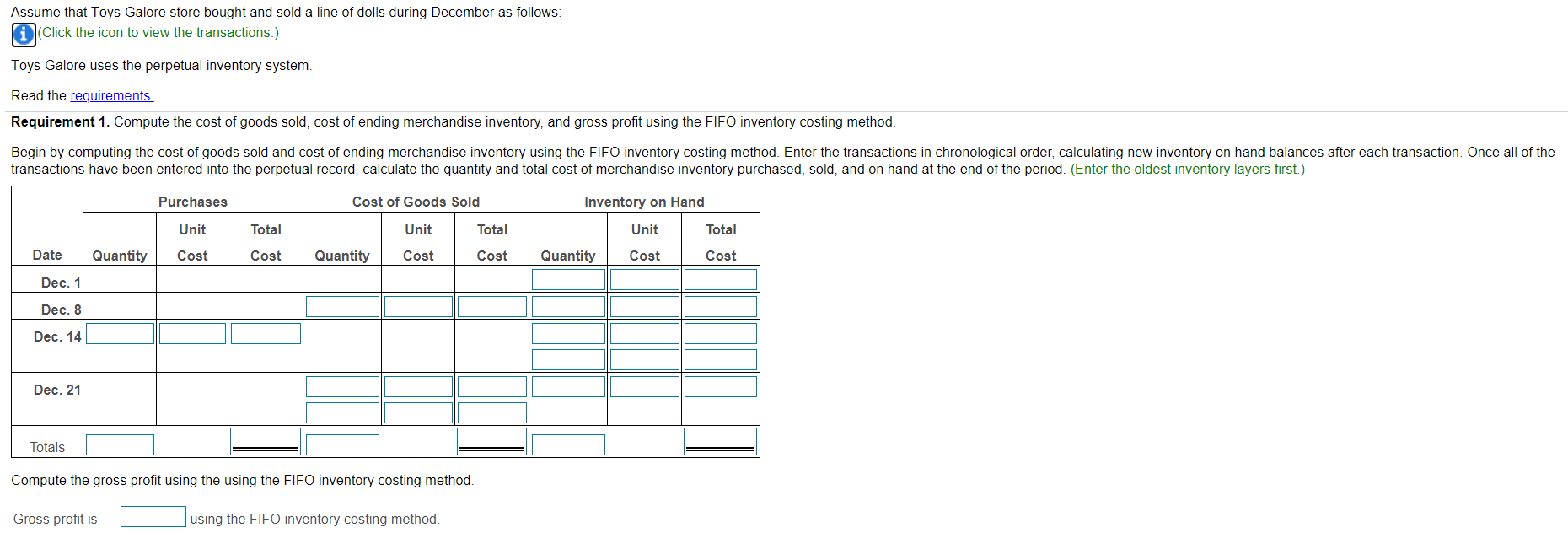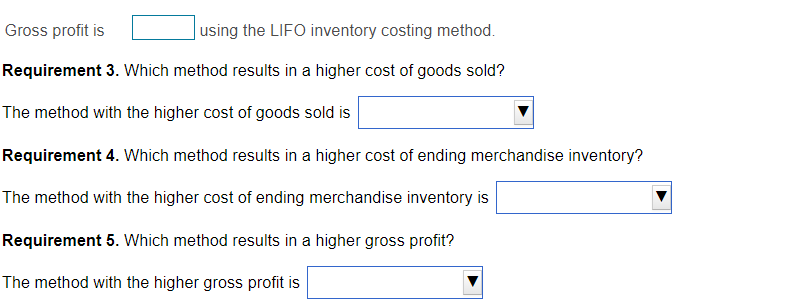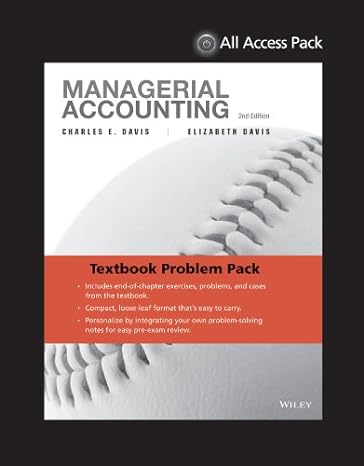



e perpetual inventory system. nts. i More Info - X Dec. 1 Dec. 8 Beginning merchandise inventory Sale Purchase Sale 12 units @ $8 each 7 units @ $27 each 16 units @ $16 each 15 units @ $27 each Dec. 14 profit usin Dec. 21 ug Print Done ich meth higher cost of goods sold is ich method results in a higher cost of ending merchandise inventory? Assume that Toys Galore store bought and sold a line of dolls during December as follows: (Click the icon to view the transactions.) Toys Galore uses the perpetual inventory system. Read the requirements. Requirement 1. Compute the cost of goods sold, cost of ending merchandise inventory, and gross profit using the FIFO inventory costing method. Begin by computing the cost of goods sold and cost of ending merchandise inventory using the FIFO inventory costing method. Enter the transactions in chronological order, calculating new inventory on hand balances after each transaction. Once all of the transactions have been entered into the perpetual record, calculate the quantity and total cost of merchandise inventory purchased, sold, and on hand at the end of the period. (Enter the oldest inventory layers first.) Purchases Cost of Goods Sold Inventory on Hand Unit Total Unit Total Unit Total Date Quantity Cost Cost Quantity Cost Cost Quantity Cost Cost Dec. 1 Dec. 8 Dec. 141 Dec. 21 Totals Compute the gross profit using the using the FIFO inventory costing method. Gross profit is using the FIFO inventory costing method. Requirement 2. Compute the cost of goods sold, cost of ending merchandise inventory, and gross profit using the LIFO inventory costing method. Begin by computing the cost of goods sold and cost of ending merchandise inventory using the LIFO inventory costing method. Enter the transactions in chronological order, calculating new inventory on hand balances after each transaction. Once all of the transactions have been entered into the perpetual record, calculate the quantity and total cost of merchandise inventory purchased, sold, and on hand at the end of the period. (Enter the oldest inventory layers first.) Purchases Cost of Goods Sold Inventory on Hand Unit Total Unit Total Unit Total Date Quantity Cost Cost Quantity Cost Cost Quantity Cost Cost Dec. 1 Dec. 8 Dec. 14 Dec. 21 Totals Compute the gross profit using the using the LIFO inventory costing method. Gross profit is using the LIFO inventory costing method. Requirement 3. Which method results in a higher cost of goods sold? The method with the higher cost of goods sold is Requirement 4. Which method results in a higher cost of ending merchandise inventory? The method with the higher cost of ending merchandise inventory is Requirement 5. Which method results in a higher gross profit? The method with the higher gross profit is










